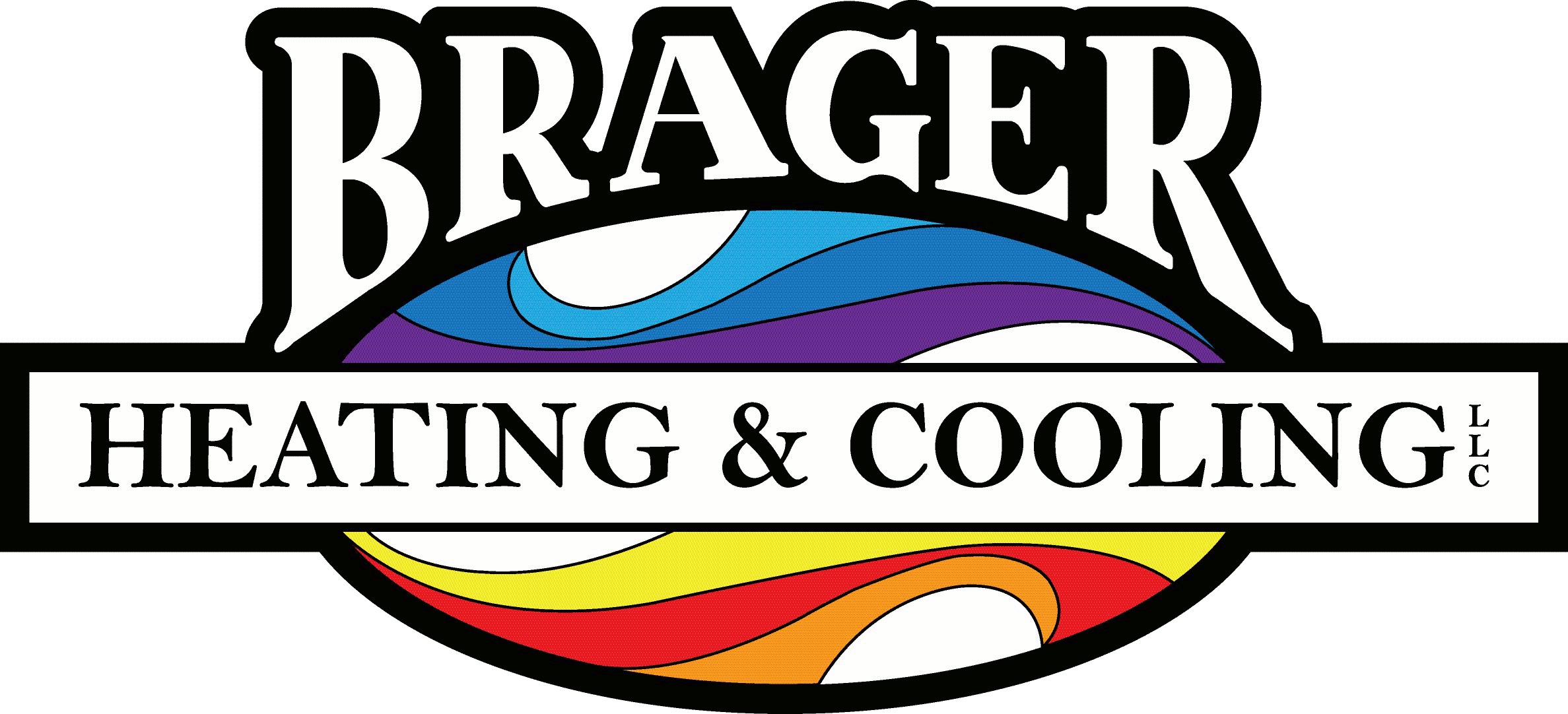
Major changes are on the horizon for the heating and cooling business! Cooling systems moving from R-410a to newer refrigerants like R-454B refrigerant and R-32 refrigerant will be coming in 2025. These new coolants are designed to be more beneficial to the environment and meet revised regulations about global warming. But what does that mean for your existing HVAC system and future services?
This transition will decrease the environmental footprint of our air conditioning systems. In 2025, new AC systems will utilize a a different class of refrigerants that more closely match with climate goals. If you're considering getting an AC replacement soon, this is the ideal time to investigate how these new refrigerants can influence your home's comfort.
Why Exactly Is R-410a Being Phased Out?
For a long time, R-410a was the standard refrigerant for residential air conditioners because of its effectiveness. But analysis uncovered that R-410a still affects global warming. Because of this, the Environmental Protection Agency (EPA) established a strategy back in 2021. The industry will steadily discontinue R-410a to replace it with refrigerants that are more environmentally friendly.
The HVAC industry has undergone shifts like this before. When the industry moved away from using R-22 (commonly called Freon) to R-410a, property owners like you had to follow suit. And just like then, this shift will impact how systems are engineered as well as the recommended procedures for HVAC maintenance. Both property owners and HVAC technicians must get ready for these new refrigerants if they wish to keep experiencing the most secure, most energy-efficient cooling possible.
New HVAC Refrigerants Replacing R-410a?
The coming refrigerants belong to the new "A2L" classification and contain the newest R-454B refrigerant and R-32 refrigerant coolants. They're developed to offer the same powerful cooling while significantly reducing their global warming potential (GWP) compared to R-410a.
R-454B refrigerant is anticipated to be especially useful due to its GWP being about 78% less than R-410a. Although R-454B refrigerant is technically more flammable than R-410a, enhancements to system designs and maintenance practices will ensure servicing is just as safe to perform. In addition, today's cooling systems using R-454B refrigerant are significantly more energy efficient, resulting in considerable savings on energy bills over time, especially if you keep up with routine HVAC maintenance.
This transition isn't simply about swapping out the refrigerant—it affects the whole HVAC system because the components of R-454B refrigerant make it not suitable for use in older systems. Ultimately, every home and business using R-410a will have to upgrade to one of the new systems.
R-410a Replacement: What Should I Consider in Order to Change to New HVAC Refrigerants?
Changing to the new refrigerants won't be as straightforward as swapping out the new coolants with what's used in your current HVAC system. That's because the different properties of R-454B refrigerant and R-32 refrigerant mean you can't use them in a system that uses R-410a. But rest assured—you can keep using your current R-410a system for now. Just remember that as time goes on, the expense of repairs and tune-ups will increase as R-410a becomes scarcer.
Preparing in advance is the best way to handle things. If your AC system is currently nearing the end of its lifespan, this is the perfect time to think about upgrading to a newer model that uses the new R-454B refrigerant. Plus, the HVAC specialists here at JW Brager Heating and Cooling can assist you in making the transition with flexible options for HVAC replacement financing.
Which Refrigerant Is in My AC System?
Uncertain which refrigerant your AC system uses? In general, you can easily locate this information by checking the label on your outdoor unit. This label indicates the type of refrigerant, the model number and various other particulars about your cooling system.
But if you are unable to decipher the label or can't find your user manual, don't worry! You can always connect with one of the skilled technicians at JW Brager Heating and Cooling to assist you in determining this information. Get all the details you need by contacting us at 608-523-9293.
